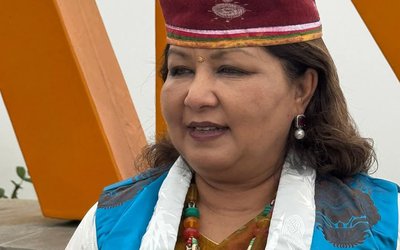
A scientific study in Japan shows that people infected with the coronavirus have a far higher risk of developing disorders of the heart or veins than those who were not infected reports NHK.
According to Japanese television, a team led by Nagoya Institute of Technology Professor Hirata Akimasa analyzed medical expense receipts of 1.25 million people.
The team found that 0.1 percent of infected people sought treatment for myocardial infarction within two months after testing positive during the fourth wave of outbreak in the spring of 2021.
That was 10.7 times higher than the rate for uninfected.
During the fifth wave in the summer of that year, 0.15 percent of the infected received treatment.
That was 24.6 times higher than that for the uninfected.
The risk of heart failure among COVID-19 patients was 10.4 times higher in the fourth wave and 6.6 times higher in the fifth wave.
For thrombosis, or blood clots in the veins, the risk was 53.1 times and 43.4 times higher respectively.
Infected people had 8.4 times and 6.3 times higher risk of developing diabetes during the two outbreaks.
Those who developed the illnesses are believed to have had no serious underlying health conditions.
The team says there was little difference between infected and uninfected people in the sixth wave early this year, when the Omicron subvariant became dominant.
Professor Hirata says the findings are in line with overseas studies that found infected people have higher risks of developing heart or venous disorders.
He also says the risks may have dropped during the sixth wave because vaccine rollouts made progress and fewer people became seriously ill.
- Trump Considering Separate Tariffs On Electronics
- Apr 14, 2025
- Thailand Observes Songkran New Year festival
- Apr 14, 2025
- Trump Announces 90-day Pause In Reciprocal Tariffs, Except For China
- Apr 10, 2025
- Health Minister Paudel Addresses 58th session of UN Health Commission
- Apr 09, 2025
- China, EU Vow To Cooperate In Safeguarding Free Trade
- Apr 09, 2025















